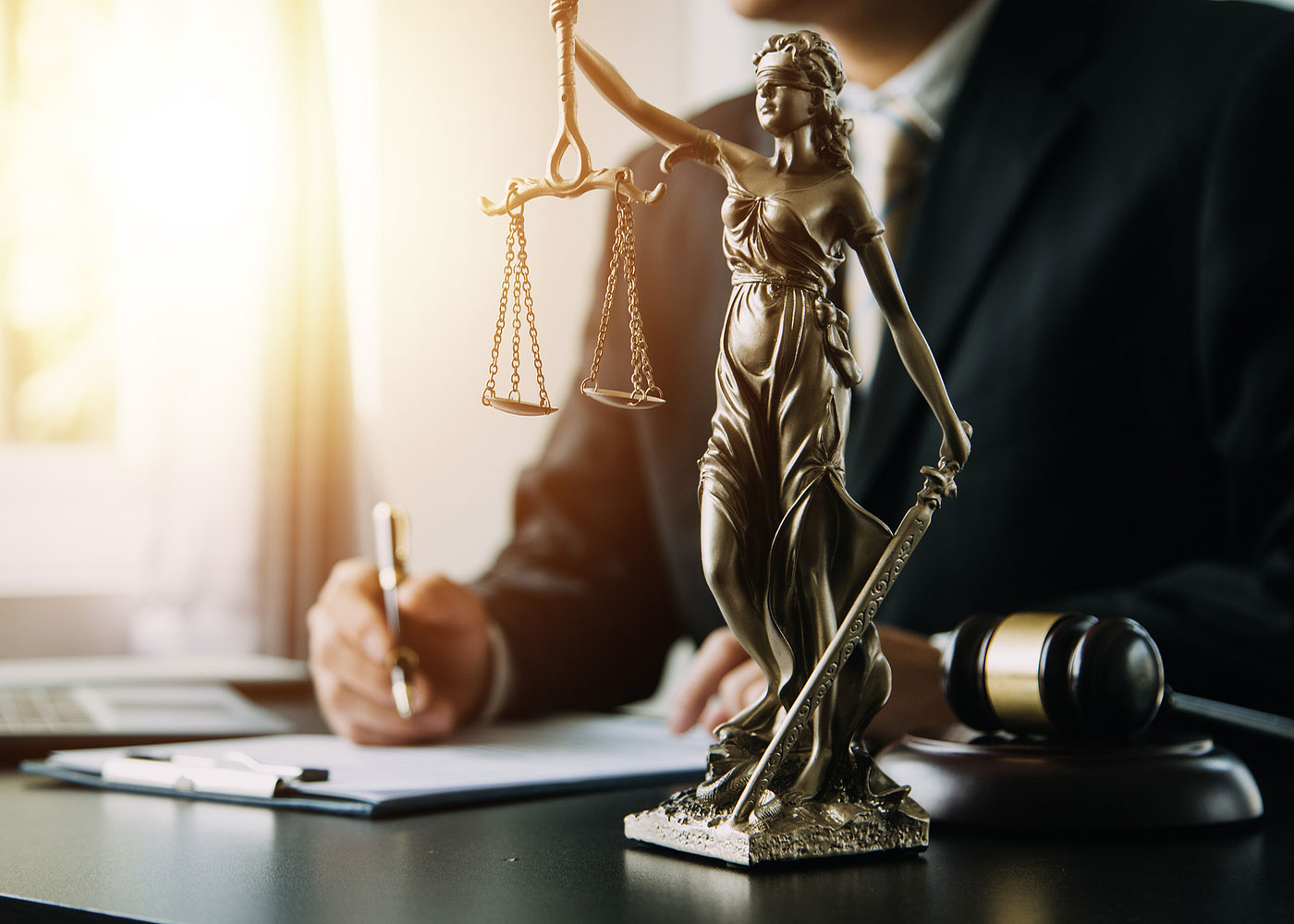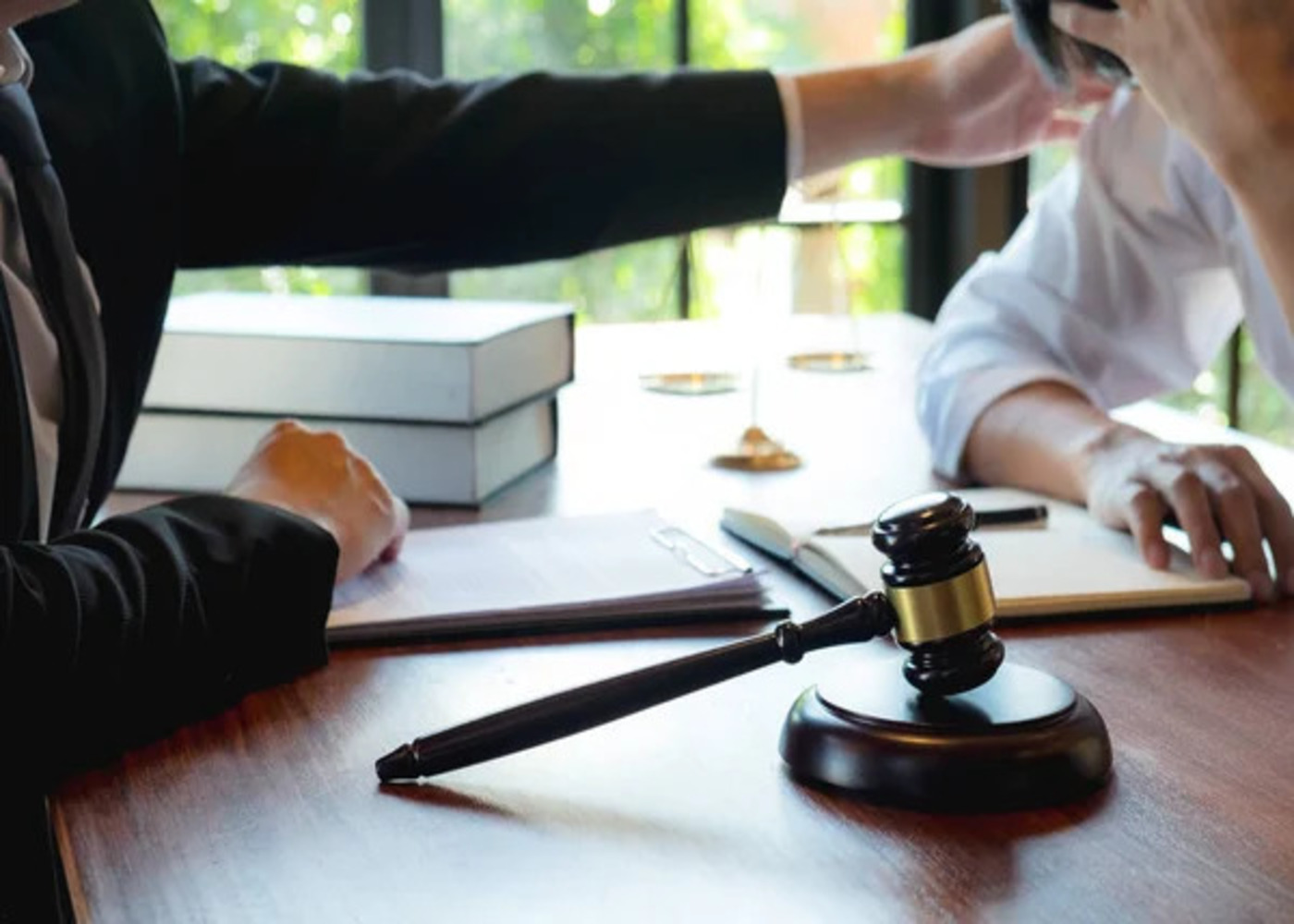Allegations of bribery and corruption can cast a long shadow, and, understandably, facing such accusations can be worrisome. As you grapple with the potential implications for your future and reputation, there's solace in knowing there are avenues for defense and qualified white-collar crime lawyers who can help you get the best result.
What Constitutes Bribery and Corruption in White-Collar Crime?
Bribery and corruption charges occur when there's an alleged exchange of value to influence an official act or decision. You might find yourself facing such allegations if you're suspected of giving, receiving, or soliciting something of value with the intent to sway a decision or action.
If you're confronted with accusations of bribery or corruption, you'll likely encounter the Foreign Corrupt Practices Act (FCPA) if your case involves international transactions. This act makes it illegal for U.S. citizens and companies to bribe foreign officials to gain or retain business. Domestic situations might involve either federal or Texas statutes that address public officials receiving benefits in exchange for specific actions. It's important to work with a skilled attorney who has experience defending clients from state and federal charges. For more information, click here.
Potential Defenses Against Bribery and Corruption Charges
Various defenses might be available, depending on the specifics of your case. Common defenses include:
No Intent to Bribe
A central tenet of bribery charges is the intent behind the action. If you can demonstrate that the exchange lacked the necessary intent to influence, it can significantly strengthen your defense. In some cases, it may be enough simply to show that the other side has no proof at all that there was any intent: your lawyer can tell you more about the specifics of your case.
Duress
If you felt threatened or under immense pressure to engage in the alleged act, this could serve as a potential defense. Establishing that you acted under duress can shift the narrative and provide context for your actions.
Lack of Evidence
Like any legal proceeding, the burden of proof lies with the prosecution. If there's insufficient evidence to prove beyond a reasonable doubt that you engaged in bribery or corruption, your case stands a better chance of a favorable outcome.
Challenging the Validity of Evidence
One of the most crucial aspects of white-collar crime defense is the scrutiny of the evidence presented against you. Sometimes, evidence might have been obtained illegally, or it might not be reliable. By challenging the admissibility or validity of such evidence, your lawyer can weaken the case against you.
For instance, if evidence was procured through an unauthorized wiretap or an unlawful search and seizure, it might be excluded from the proceedings, making it harder for the prosecution to prove their case.
Misunderstandings and Mistaken Facts
In some instances, what appears at first glance to be bribery or corruption might simply be genuine misunderstandings or misconceptions. Perhaps a gift given in the spirit of goodwill was misconstrued as a bribe, or a business transaction was mistaken for an illegal advantage.
In such cases, illustrating the real nature of the transaction and showing it was made in good faith and without malicious intent can be an effective defense.
Assessing Whistleblower Credibility
Whistleblowers are individuals who report illicit activities in organizations, and they often play a role in uncovering cases of bribery and corruption. If you're implicated by a whistleblower, it's essential to assess the credibility and motivations of the informant. While whistleblowers can bring crucial evidence to light, not every claim is truthful.
Sometimes there are personal vendettas at work. Workplace disputes or other biases might lead an individual to make unfounded allegations. For some, there is even a financial incentive at work. In some cases, a whistleblower may just have been honestly mistaken. Addressing the motivations and credibility of a whistleblower can be instrumental in your defense, and you can expect your lawyer to scrutinize whistleblower testimony carefully.
Possible Outcomes and Implications
Being accused of a white-collar crime like bribery or corruption can have severe consequences, and convictions can result in hefty fines, restitution, or even prison time. Moreover, the effect on your professional reputation can be long-lasting. However, it's important to remember that an accusation isn't a conviction. With a robust defense strategy, it's possible to mitigate the charges, have them reduced, or even dismissed.
Seeking the Right White-Collar Crime Lawyers
While you're facing allegations of bribery or corruption, the importance of having skilled legal representation can't be overstated. Your lawyer's expertise can make all the difference to the course of your case. By examining every piece of evidence, scrutinizing the credibility of witnesses, and with knowledge and experience in federal and state white-collar crime law, a competent attorney can provide the defense you deserve.White-collar crime charges might seem insurmountable, but there are numerous defenses to explore. Armed with knowledge and the right legal representation, you can confront the allegations head-on and successfully ensure that justice is served.







